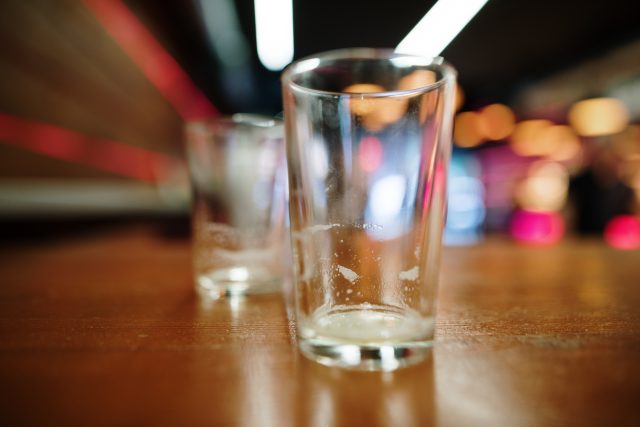Climate change could lead to beer shortages, Asahi chief warns
Warmer temperatures hitting barley and hop supplies around the world could pose a risk of beer shortages, Asahi’s chief executive has warned.

Analysis conducted by the Japanese brewer found that global warning is set to reduce barley yields and the quality of hops significantly over the next 30 years, chief executive Atsushi Katsuki warned.
Katsuki, who has headed the Japanese brewer since 2021, said this would likely lead to beer shortages in the future.
France’s spring barley harvest could decrease 18% by 2050 under the UN’s 4 degree scenario, the most severe, while Poland’s harvest would shrink 15%, according to the Financial Times.
In the Czech Republic, one of the largest hop producers in the world, the quality of hops could also drop 25% under the same estimate.
Asahi forecast the French harvest to decline 10%, that in Poland by 9% and the quality of hops in the Czech Republic by 13%, under a scenario of below 2°C. But the UN predicts a temperature rise of 2.6°C, suggesting that the situation could get a lot worse.
“Although with hotter weather the consumption of beer may grow and become an opportunity for us, climate change will have a serious impact,” Katsuki told the Financial Times. “There is a risk that we may not be able to produce enough beer.”
Partner Content
Extreme weather patterns have already begun interfering with barley yields. Malt and barley prices in Europe hit record highs in 2022, and Katsuki claims that climate change has had an even bigger impact than the Russian invasion of Ukraine.
Prices have moderated, but the cost of 2023’s crop this summer was about €100 above earlier averages, reports say.
“That is why we’re not just taking our own actions but we also need to push harder, working with other members of the industry and the society at large . . . we have to all work together to mitigate the climate change risks,” he added.
Asahi has partnered with Microsoft and an agritech company to start tracking harvest volume and quality on farms.
It also plans to launch a global procurement centre in Singapore in January, centralising the sourcing of key ingredients to better manage potential supply chain disruptions.
Other international brewers have been investing in regenerative agricultural practices. Budweiser brewer AB InBev has invested in drought-resistant barley varieties in Africa, while Carlsberg aims to use fully regenerative agricultural practices by 2040.
Related news
Northern Monk to raffle 15 litre Nebuchadnezzar of imperial stout




